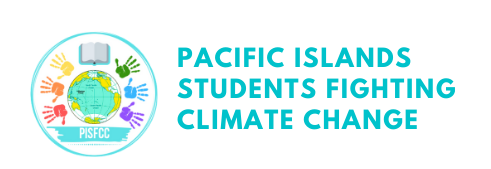COP29 Fails to Deliver on Climate Justice
Billed as the “Finance COP,” COP29 in Baku Azerbaijan was expected to bridge glaring gaps in climate finance and advance urgent priorities like the fossil fuel phase-out, Loss and Damage, and the Just Transition Work Plan. Instead, it concluded as a stark failure, leaving vulnerable nations like us in the Pacific to face escalating risks with minimal support and no clear pathway to justice.
The so-called new climate finance goal, USD $300 billion annually by 2035, is woefully inadequate. Heavily reliant on loans instead of grants, it risks pushing developing nations deeper into debt while ignoring the rising costs of adaptation, mitigation, and loss and damage.
Worse, it offers no substantive commitments on Loss and Damage, merely acknowledging its existence without actionable solutions.
While the multilateral process itself remains vital, developed countries within it have consistently undermined progress. Their refusal to honour commitments or provide sufficient financial support erodes the principles of equity and justice highlighted in the Paris Agreement, shifting the burden of climate action onto nations least responsible for the crisis.
Small Island Developing States (SIDS) are increasingly looking to other avenues to compel action. As COP29 concludes, these nations are focusing on the forthcoming International Court of Justice (ICJ) advisory opinion (#ClimateICJAO) to clarify States’ legal obligations under international law and drive stronger commitments to reduce emissions and address Loss and Damage.
According to the October 2024 United Nations Environmental Programme report, global greenhouse gas emissions continued to rise in 2023. The G20 countries (excluding the African Union) accounted for 77% of all emissions, while the 47 least developed countries contributed just 3%.
7 years after the adoption of the Paris Agreement, small island nations like Vanuatu are still fighting to prevent harm and repair the loss already suffered.
While some historical polluters and fossil fuel-dependent economies argue that the Paris Agreement should be the sole legal framework for climate action, Pacific nations and other states highlight the broader legal obligations embedded in treaties and conventions, including:
- The Charter of the United Nations
- The Universal Declaration of Human Rights
- The International Covenants on Civil and Political Rights and Economic, Social, and Cultural Rights
- The Convention on the Rights of the Child
- The United Nations Convention on the Law of the Sea
- The Vienna Convention for the Protection of the Ozone Layer
- The Convention on Biological Diversity
- The United Nations Convention to Combat Desertification
The #ClimateICJAO Oral Hearings are set to begin on 2 December 2024 with Vanuatu and Melanesian Spearhead Group speaking first.
-Ends-
